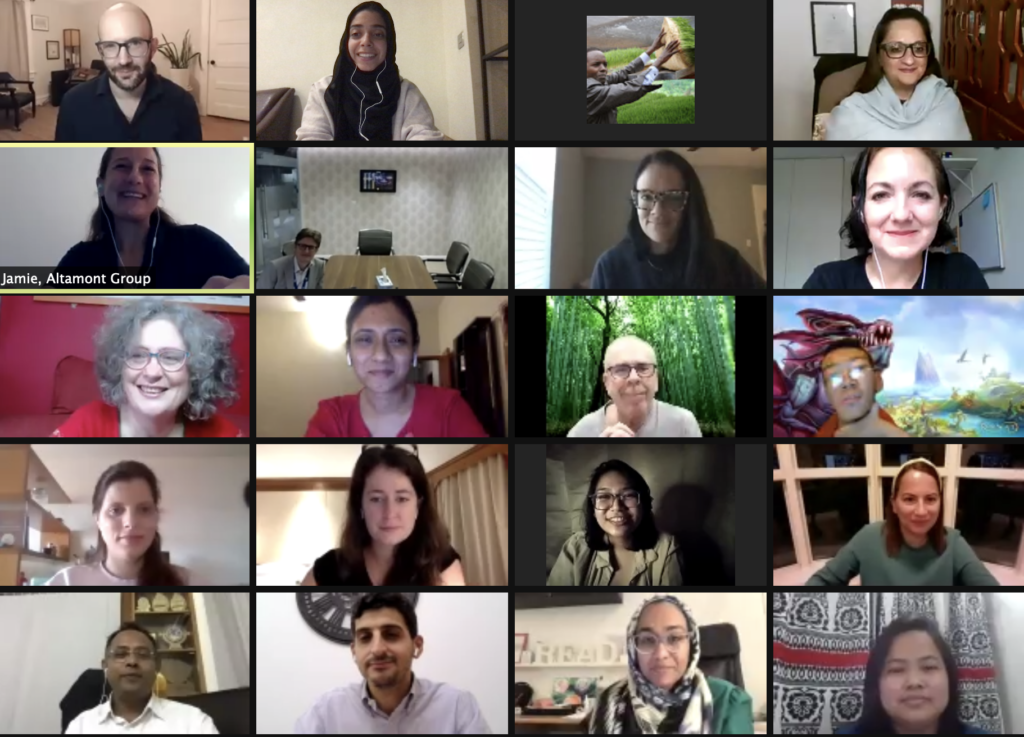Storytelling with Marginalized Populations
09 Dec 2020 | 6-8pm GST
Summary of Consultation #2
Over forty participants called in from around the globe to join the second Dignified Storytelling consultation on Wednesday, December 9, 2020. Entitled “Dignified Storytelling with Marginalized Populations”, the purpose of Consultation #2 was to discuss good practices for working with targeted groups, including: people with disabilities; people affected by conflict and emergencies; and survivors of sexual assault and gender-based violence.
The consultation also provided a platform for a diverse group of practitioners, experts, and supporters to learn from each other’s ideas and experiences across sectors and geographies. Outcomes from the consultation – along with the others in the series – will help inform the Dignified Storytelling Guidebook, which is being developed as part of the wider Dignified Storytelling initiative with support from Dubai Cares, Expo 2020 Dubai, and the UAE Ministry of Foreign Affairs and International Cooperation.
Michael Kass, Founder of Story & Spirit, set the stage for the consultation’s breakout discussion sessions by providing an overview of some of the ethical challenges in storytelling, which can include risks of re-traumatization, a lack of control over stories once published, expectations of reciprocity or implicit pressure due to power dynamics, and an extractive approach to the storyteller relationship.
Some of his advice? Look beyond the ‘obvious’ story; expand your universe of storytellers; emphasize humanity, resilience, and growth over hardship; and build a measurable ‘double bottom line’ for your storytelling – where success is about the impact on individuals and communities and not just on fundraising. Michael also spoke of the importance of obtaining ‘deep’ consent (beyond a procedural tick-the-box exercise) and creating safe spaces for the story gathering and telling, including providing opportunities for storytellers/contributors to process their experiences.
Following the overview remarks, participants split into breakout discussion sessions, where they dialogued around three discussion questions, sharing from their work and wisdom.

